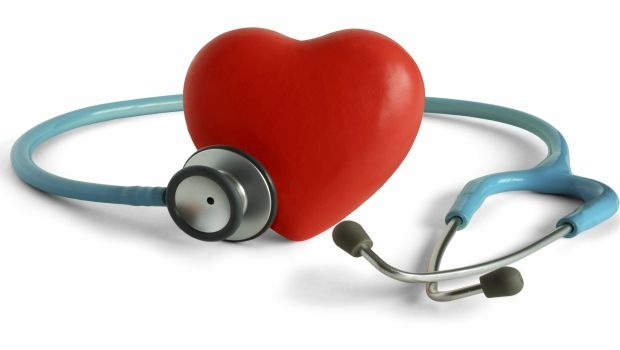People in modern societies have succumbed to a pathological propensity of consuming excess calories throughout the day. The result of successive meal intakes is that our bloodstreams are chronically bloated with fats and sugars.

People in modern societies have succumbed to a pathological propensity of consuming excess calories throughout the day. The result of successive meal intakes is that our bloodstreams are chronically bloated with fats and sugars.
Bloated bloodstreams from excess sugar and fat calories produces lipemia—high levels of post-meal circulating triglycerides. This creates an internal environment characterized by inflammation, insulin resistance and a heightened risk for heart disease and diabetes.
Decompressing the circulatory system by managing the rate of sugar and fat absorption may help to reduce risk and improve health. The following steps may help to impede the excess absorption of unwanted calories:
A 60- to 90-day program using alpha-glucosidase inhibitors may help reverse many of the metabolic imbalances that are underlying causes of excess fat accumulation and increased vascular disease risk.
For more information on strategies for decompressing the circulatory system, download “Bloated Bloodstreams and Sick Hearts" in INSIDER’s Content Library.
Michael A. Smith, M.D., is senior health scientist for Life Extension® in Fort Lauderdale, Florida, host of Healthy Talk on www.RadioMD.com and author of The Supplement Pyramid.
William Faloon has been technical director at the Life Extension Foundation® (LEF) for the past 34 years. During this period, Faloon has been responsible for all aspects of the Foundation’s business, including medical database development, and the creation of LEF’s Medical and Scientific Advisory Boards.
About the Author(s)
You May Also Like




.png?width=800&auto=webp&quality=80&disable=upscale)